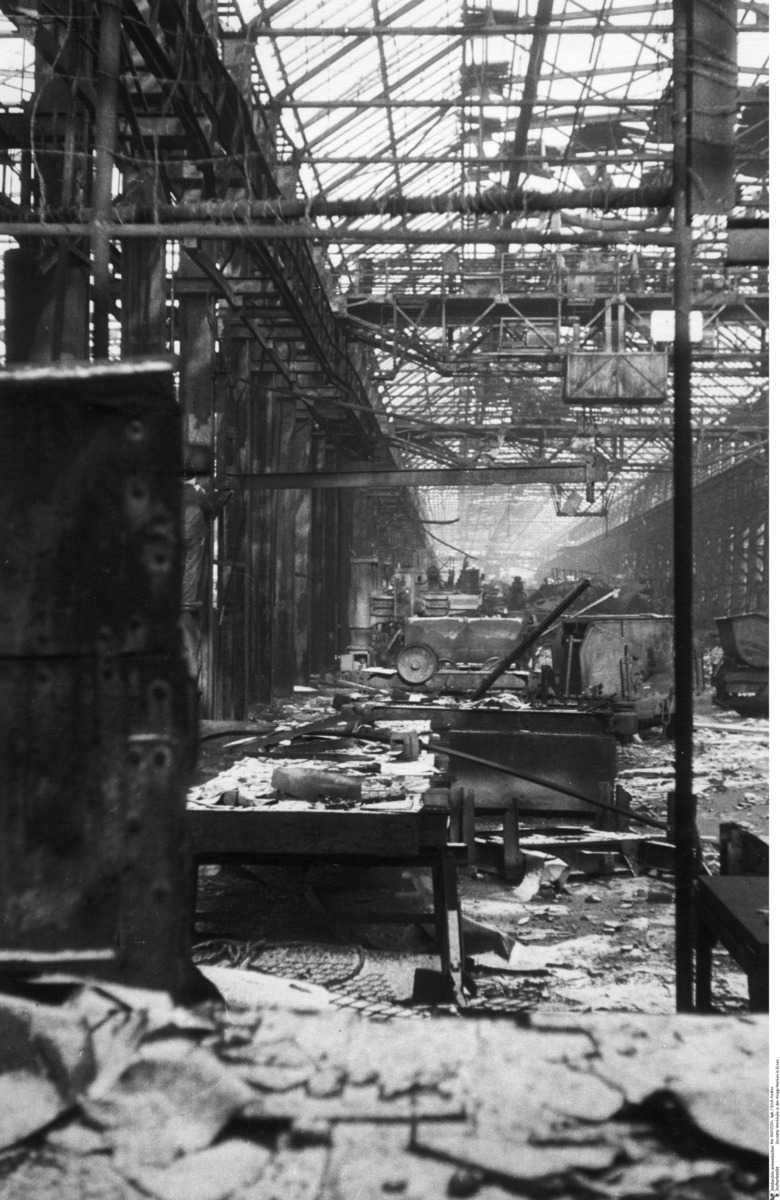Abstract
After the war, the Krupp plant was dismantled and decartelized.
Additionally, Gustav Krupp von Bohlen und Halbach, the former chairman
of the board of Friedrich Krupp, Inc., was supposed to be indicted in
the Nuremberg Trial of the Major War Criminals, but his health prevented
him from being able to stand trial. The judges of the International
Military Tribunal rejected a motion made by the head prosecutor to
indict Krupp’s son Alfried Krupp von Bohlen und Halbach – sole heir to
the firm since 1943 – as a “representative” of his father. Instead,
Alfried was indicted in one of the later Nuremberg trials, along with
eleven high-ranking company officials. In July 1948, an American
military tribunal sentenced the accused to prison terms for having
plundered occupied territories and used forced laborers; Alfried Krupp
was sentenced to twelve years in prison and deprived of his assets.
However, on January 31, 1951, U.S. High Commissioner John J. McCloy
pardoned those convicted in the Krupp trial. Shortly after his release,
Alfried Krupp, who resumed ownership, announced that his firm would no
longer produce armaments.
